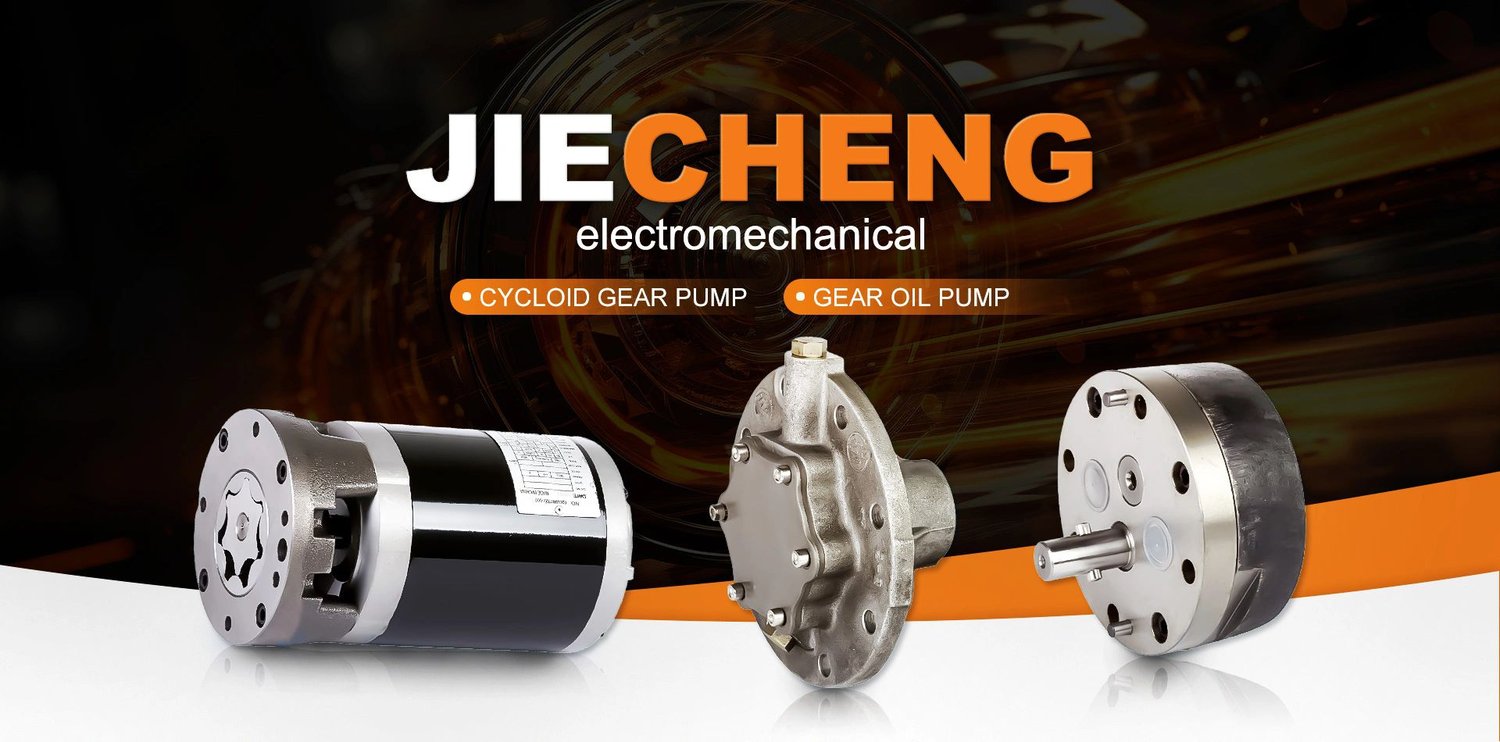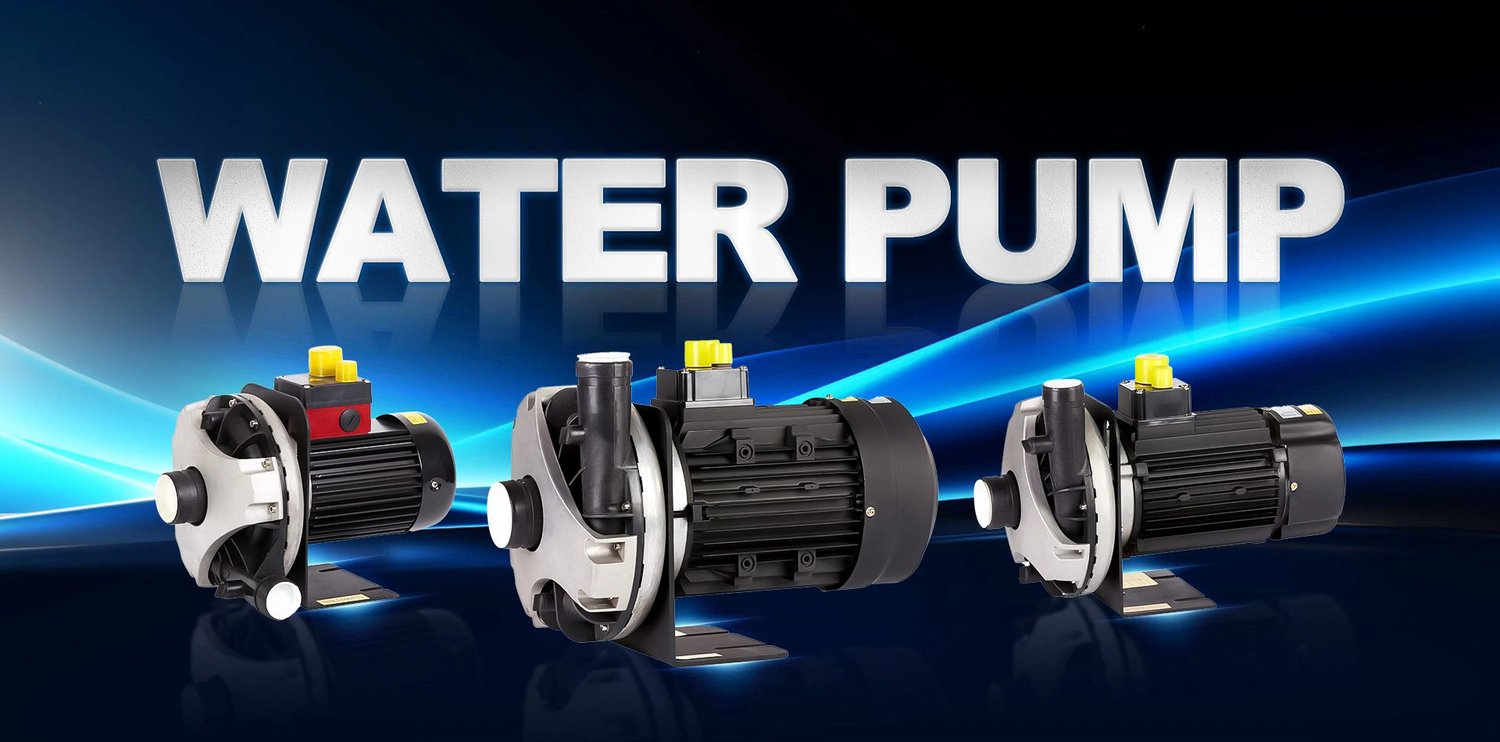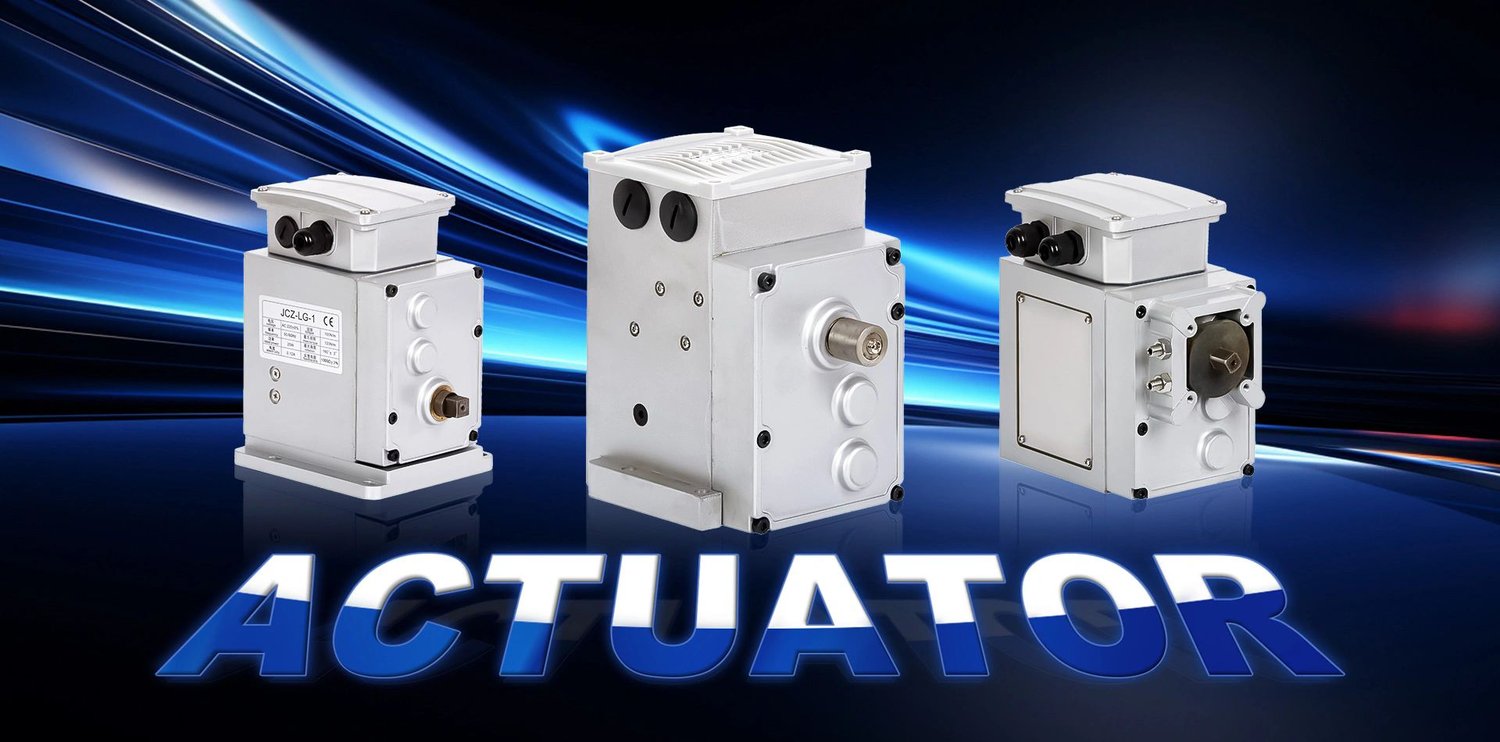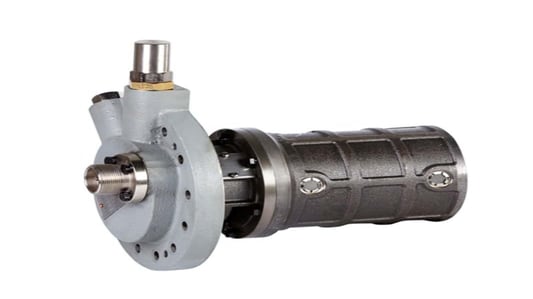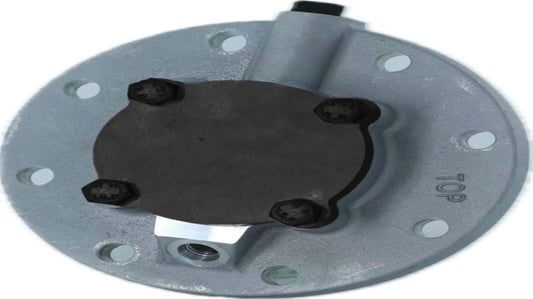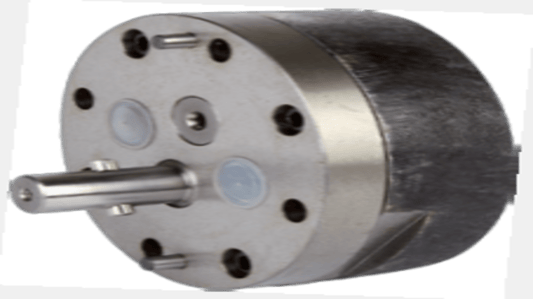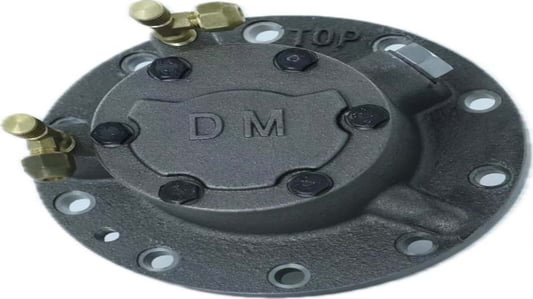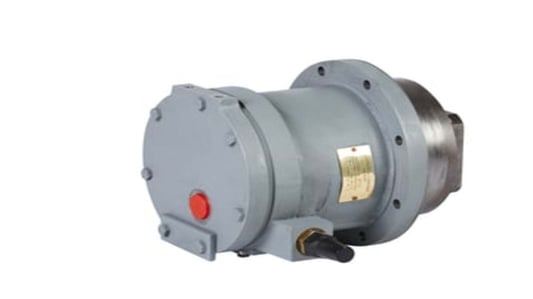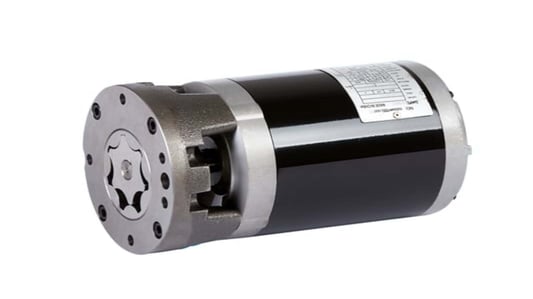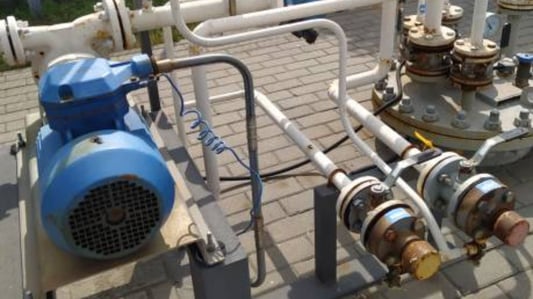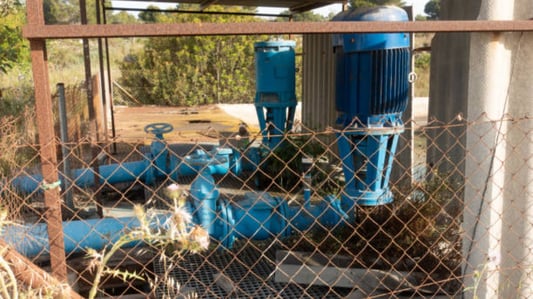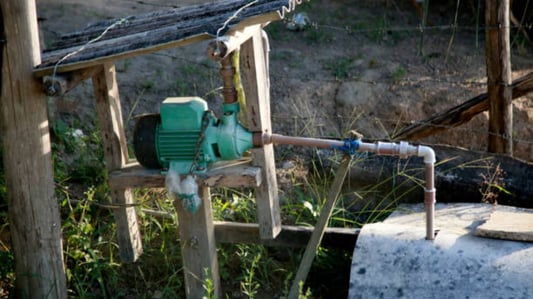Efficient Lubricant Distributionelectric gear oil pumps are designed to efficiently distribute lubricants to various machinery parts. This ensures that each component receives the necessary amount of oil for optimal performance.High Performance MotorOne of the key features of an electric gear oil pump is its high-performance motor. This motor allows the pump to operate smoothly and deliver oil consistently to the designated areas.Compact and Space-Saving DesignElectric gear oil pumps are typically compact in size, making them ideal for installations in tight spaces. Their space-saving design ensures that they can be easily integrated into existing equipment setups.Easy MaintenanceMaintaining an electric gear oil pump is relatively simple compared to other types of pumps. Regularly checking and replacing oil filters can help extend the lifespan of the pump and ensure optimal performance.Cost-Effective SolutionWhile the initial investment in an electric gear oil pump may seem high, the long-term cost benefits outweigh the upfront expenses. These pumps are durable and reliable, reducing the need for frequent repairs.Enhanced Safety FeaturesElectric gear oil pumps come equipped with various safety features to prevent accidents and ensure smooth operation. These features include overheat protection and automatic shut-off mechanisms.Increased ProductivityBy using an electric gear oil pump, businesses can enhance their productivity levels. The consistent supply of oil to machinery parts helps prevent downtime and ensures smooth operation at all times.Environmentally FriendlyElectric gear oil pumps are more environmentally friendly compared to traditional pumps. Their efficient operation reduces energy consumption and minimizes waste, making them a sustainable choice for businesses.Versatile ApplicationsThese pumps can be used in a wide range of industries, including automotive, manufacturing, and construction. Their versatility makes them a valuable asset for businesses looking to improve their operations.Increased ReliabilityElectric gear oil pumps are known for their reliability and durability. Their robust construction ensures that they can withstand heavy-duty usage and continue to deliver consistent performance over time.Quote InquiryContact us

